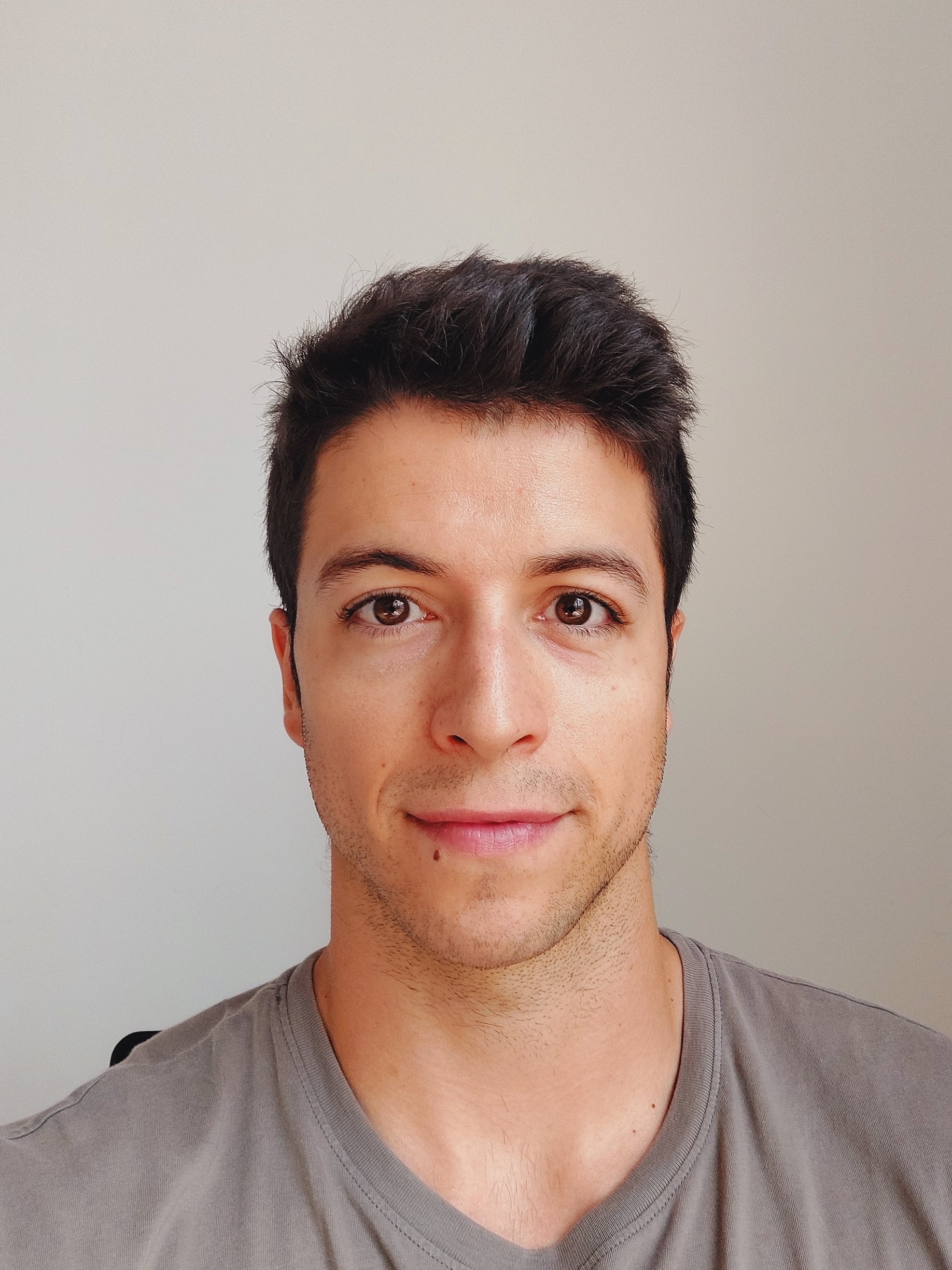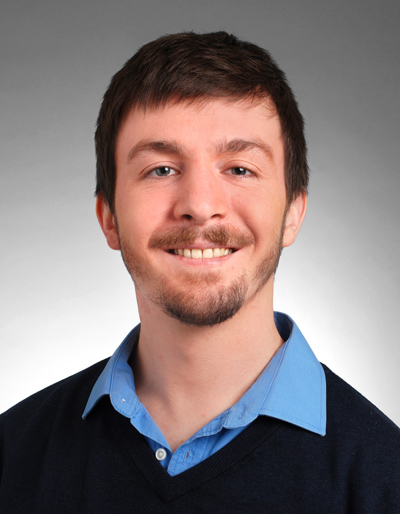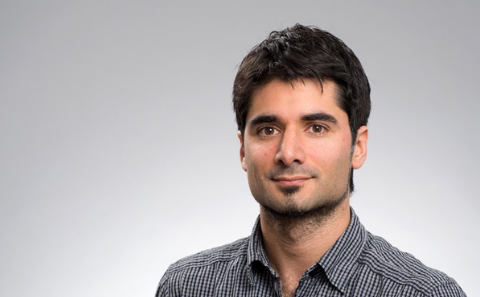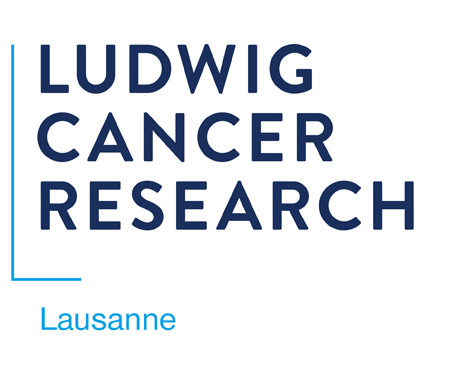.png)
Carmona Lab members
|
|
Postdoctoral fellow |
Research interest
My current research focus is on the development of computational methods for single-cell biology. We are constructing high-resolution maps for several immune cell types, and analytical tools to study the transcriptomic and epigenetic phenotype of immune cells in cancer and infection.
Background
After obtaining my PhD from the Technical University of Denmark with Pr Ole Lund, I worked in Pr Stephen Smale’s lab at the City University of Hong Kong and did a postdoc with Pr Morten Nielsen at UNSAM in Argentina. Throughout my research experience, I contributed to the development of bioinformatics tools for peptide-MHC binding prediction (NetMHC, NNAlign), immunopeptidome characterization (GibbsCluster, MS-Rescue), to the toolkit of the Immune Epitope Database (IEDB), and more recently in single-cell data analysis (STACAS, UCell, ProjecTILs). I joined the Carmona Lab in October 2019.
|
|
Postdoctoral fellow |
Research interest
My research interests revolve around the mechanisms behind immune-related pathologies. In particular, I am focused on the comprehensive analysis of the tumor immunological microenvironment status across various cancer types and their associated clinical features. I employ single-cell and spatial transcriptomics approaches to delve into the interactions between immune cells and the tumor microenvironment. By examining these dynamic interactions at the single-cell level and understanding their spatial distribution within tumors, my work aims to contribute to the development of personalized cancer therapies and the advancement of precision medicine.
Background
After completing my MSc in Immunology at Imperial College London I embarked on my Ph.D. at University of Barcelona focused on T cell transcriptional and epigenetic reprogramming using multiple bulk and single-cell omics approaches, in the context of experimental treatments for autoimmune diseases. Concurrently to my doctoral studies, I pursued a second MSc in Bioinformatics and Biostatistics, its final project was centered on the development of tools for the integration and analysis of continuous glucose monitoring and insulin pump delivery data from type 1 diabetes patients (DiaTrack). I joined the Carmona Lab in July 2023.
|
|
PhD student |
Research interest
My current interest is to use omics methods to advance basic understanding of human disease, especially cancer, improving diagnostic capabilities for doctors and finally resulting in better treatment for patients. This could be strongly leveraged by exploiting the already existing and exponentially growing amount of data. Combining these would allow for deeper and statistically more significant and unbiased system-wide insights into the pan-cancer landscape across patients and cohorts. However, currently there is an unmet need for simplified and standardized data analysis workflows prohibiting such large-scale meta-analyses which have proven invaluable in other fields. This is the basic foundation that needs to be established to understand complex biological entities in health and disease in a wholistic system-wide approach in the future.
Background
During my MSc at ETH Zurich in molecular health sciences I worked as a bioinformatician in the proteomics group of Ruedi Aebersold. In the course of a multi-omics study, the characterization of the mitochondrial proteome across different organs and diverse mouse genetic reference strains helped to better understand the links between genotype, phenotype and metabotype, for example in obesity and diabetes (Williams and Wu et al. Mol Cell Proteomics, 2018). Further projects included a molecular cell biology study on tendon fibrosis at the Snedeker group at ETHZ/Uniklinik Balgrist and a proteomics project at Biozentrum Basel, investigating nucleo-cytoplasmic transport. After that I worked at Solvias AG, a biopharmaceutical CRO, as an R&D scientist and head bioinformatician in the Large Molecule Bio-MS division, working mainly on anti-cancer drugs, before joining the Carmona Lab as a PhD student in 2022.
images (c) unsplash/ian schneider-tam/helena lopes



.png?t=w480)





